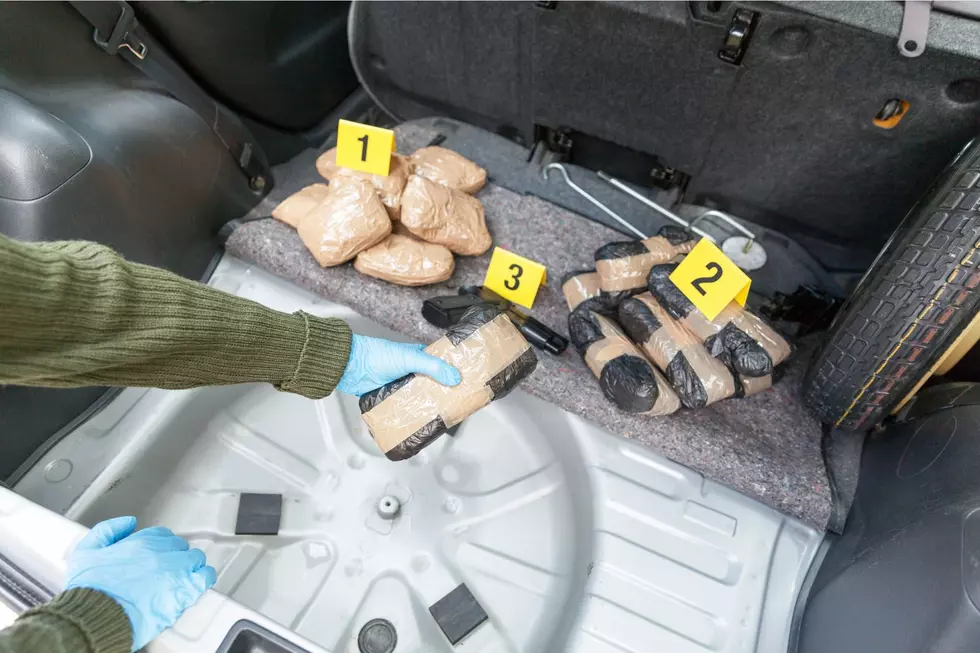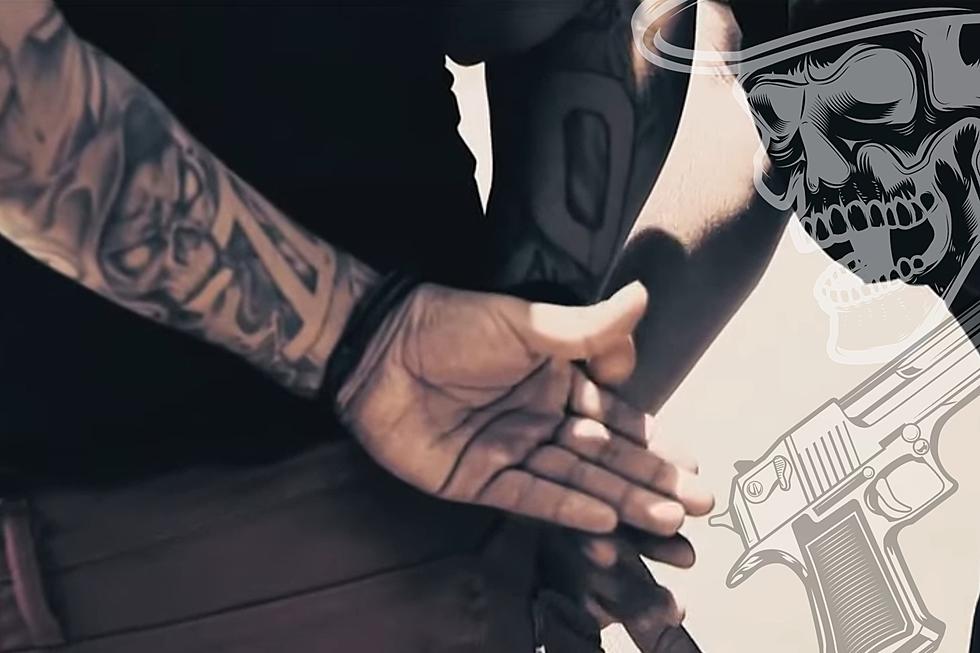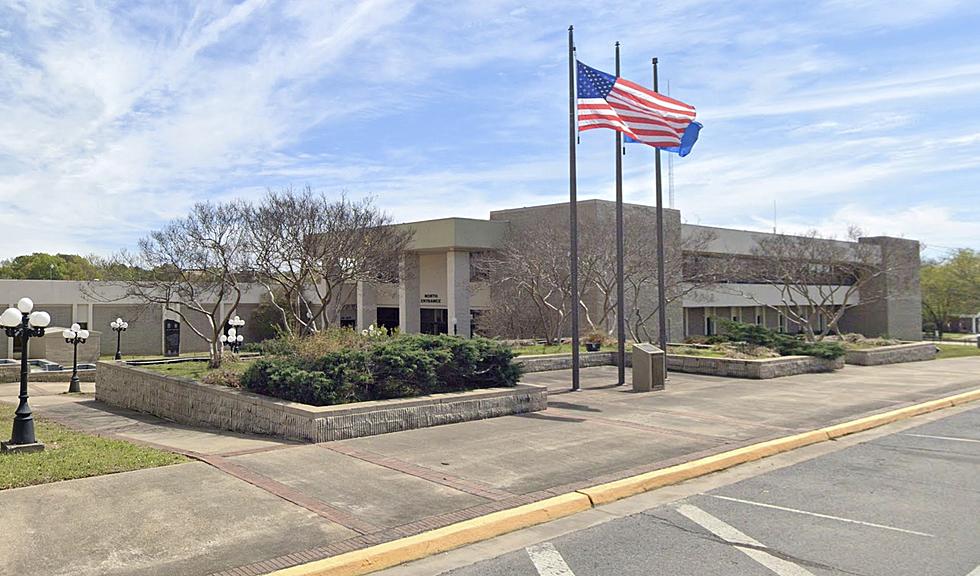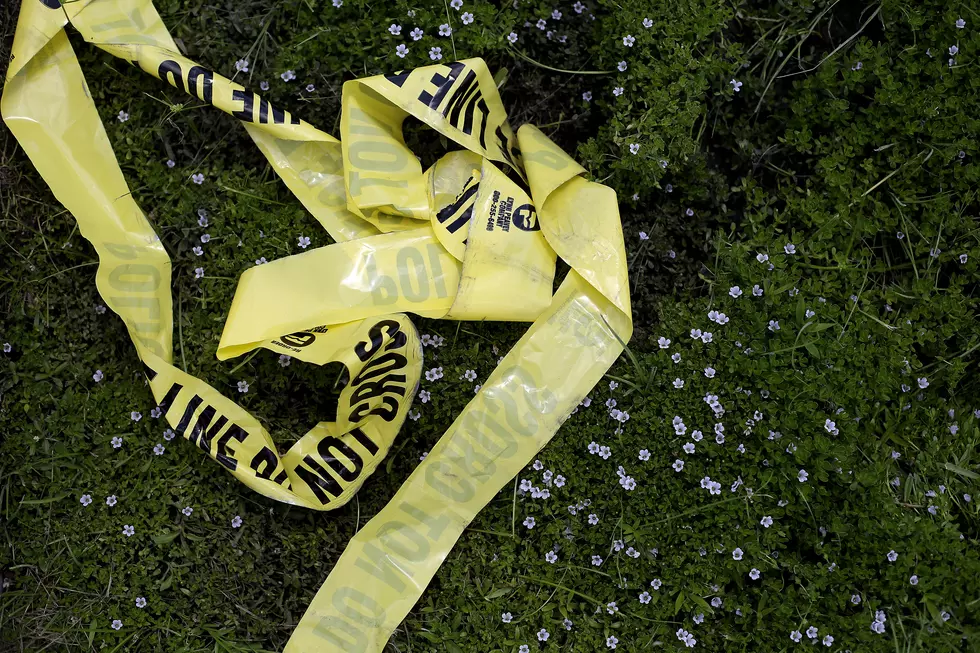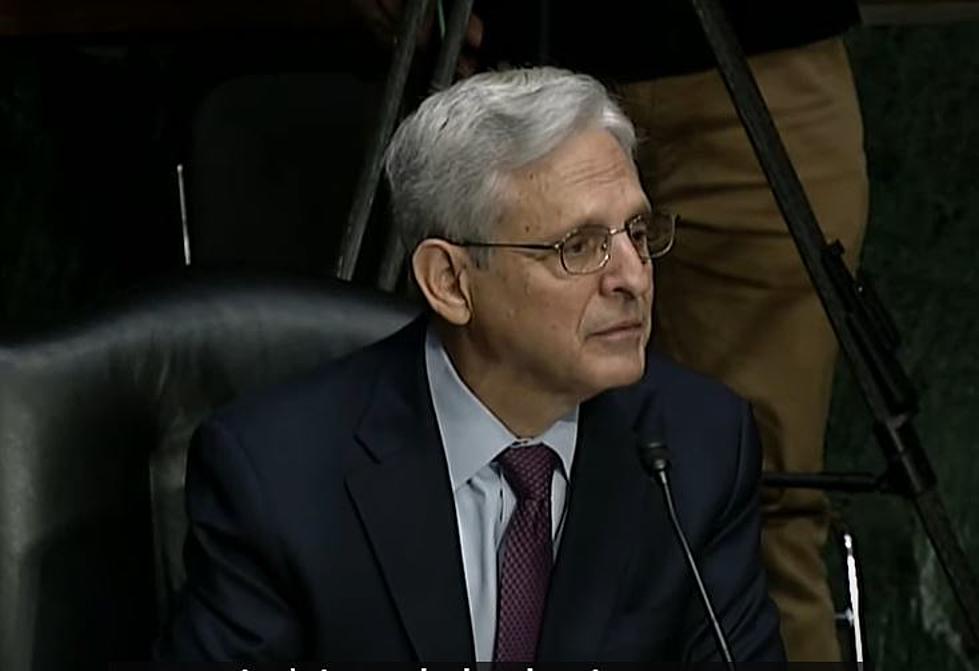
AG Garland: Pentagon Document Leaker Taken Into Custody in Massachusetts
WASHINGTON (AP) — A Massachusetts Air National Guard member who has emerged as a main person of interest in the disclosure of highly classified military documents was taken into custody Thursday by federal agents, Attorney General Merrick Garland announced.
Investigators believe that the guardsman, who specializes in intelligence, led the online chat group where the documents were posted. Garland identified the guardsman as 21-year-old Jack Teixeira, and said he would be charged with the unauthorized removal of classified national defense information.
FBI agents converged Thursday at Teixeira's Massachusetts home and heavily armed tactical agents took Teixeira, who was wearing a T-shirt and shorts, into custody outside the property, “without incident," Garland said.
He will be charged with unauthorized removal of classified national defense information, Garland said, and will have an initial court appearance in federal court in Massachusetts.
It was not immediately clear if Teixeira had a lawyer who could speak on his behalf, and a phone message left at a number believed to belong to his mother was not immediately returned.
Law enforcement officials roped off the street near the home. The New York Times, which first identified Teixeira on Thursday, said that a man who had been standing outside the Teixeira home earlier said that “he needs to get an attorney if things are flowing the way they are going right now. The Feds will be around soon, I'm sure.”
The emergence of Teixeira as the apparent primary suspect is bound to raise questions about how the highest-profile intelligence leak in years, one that continues to unfold with almost daily revelations of highly classified documents, could have been caused by such a young, low-ranking service member.
The Biden administration has scrambled for days to contain the fallout from the leaked information, which has publicized potential vulnerabilities in Ukraine’s air defense capabilities and exposed private assessments by allies on an array of intelligence matters.
The National Guard did not confirm his identity but said in a statement that, “We are aware of the investigation into the alleged role a Massachusetts Air National Guardsman may have played in the recent leak of highly-classified documents.”
Air Force Brig. Gen. Pat Ryder, the Pentagon spokesman, referred all questions about the case to the Justice Department. But he said: “We have rules in place. Each of us signs a nondisclosure agreement. This is a criminal act, a willful violation of those."
The Biden administration has been working to assess the diplomatic and national security consequences of the leaked documents since they were first reported last week. A top Pentagon spokesman told reporters earlier this week that the disclosures present a “very serious risk to national security,” and the Justice Department opened an investigation to identify the person responsible.
“We're getting close,” President Joe Biden told reporters in Ireland on Thursday. He said that though he was concerned that sensitive government documents had been disclosed, "there’s nothing contemporaneous that I’m aware of that is of great consequence.”
The Justice Department declined to comment Thursday.
It’s possible the leak may have started on a site called Discord, a social media platform popular with people playing online games. The Discord site hosts real-time voice, video and text chats for groups and describes itself as a place “where you can belong to a school club, a gaming group, or a worldwide art community.”
In one of those forums, originally created to talk about a range of topics, members would debate the war in Ukraine. According to one member of the chat, an unidentified poster shared documents that the poster claimed were classified, first typing them out with the poster’s own thoughts, then, as of a few months ago, uploading images of folded papers.
Discord has said it was cooperating with law enforcement.
There are only a few ways the classified information that was leaked could have been accessed, which may provide critical clues as to who is responsible. Typically in classified briefings, as with the slides that were placed on Discord, the information is shared electronically.
That is done either through secure computer terminals where users gain access based on their credentials or through tablets that are distributed for briefings and collected afterward. If the slides need to be printed out instead, they can only be sent to secured printers that are able to handle classified documents — and that keep a digital record of everyone who has requested a printout.
It’s those digital clues like the record of printouts that may help investigators hone in on who took the documents. In most of the photographs of documents posted online the pictures are of paper copies that look like they had been folded into quarters — almost as if they’d been stuffed into someone’s pocket.
In the days since the leaks came to light, the Pentagon has deferred questions on the investigation to the Justice Department, stating that it’s a criminal matter. Even if the person who leaked the files is an active duty member of the U.S. military, the Justice Department would likely still have the lead in the prosecution until it was ready to turn the matter over to the Defense Department, a defense official told the AP on the condition of anonymity to discuss sensitive matters.
This has been the case in previous criminal cases, such as when two Marines based at Camp Pendleton in California were arrested on drug trafficking charges in 2020, the official said. If the person responsible turns out to be a civilian, the Justice Department will be responsible, the official said.
____
Associated Press writers Michelle R. Smith in Swansea, Massachusetts, Nomaan Merchant and Zeke Miller in Washington, Alanna Durkin Richer in Boston and Colleen Long and Darlene Superville in Dublin contributed to this report.
List of Homicides and Deaths in Acadiana for 2023
Fighting Fentanyl: Important Arrests Made Across Acadiana in 2022
More From News Talk 96.5 KPEL

